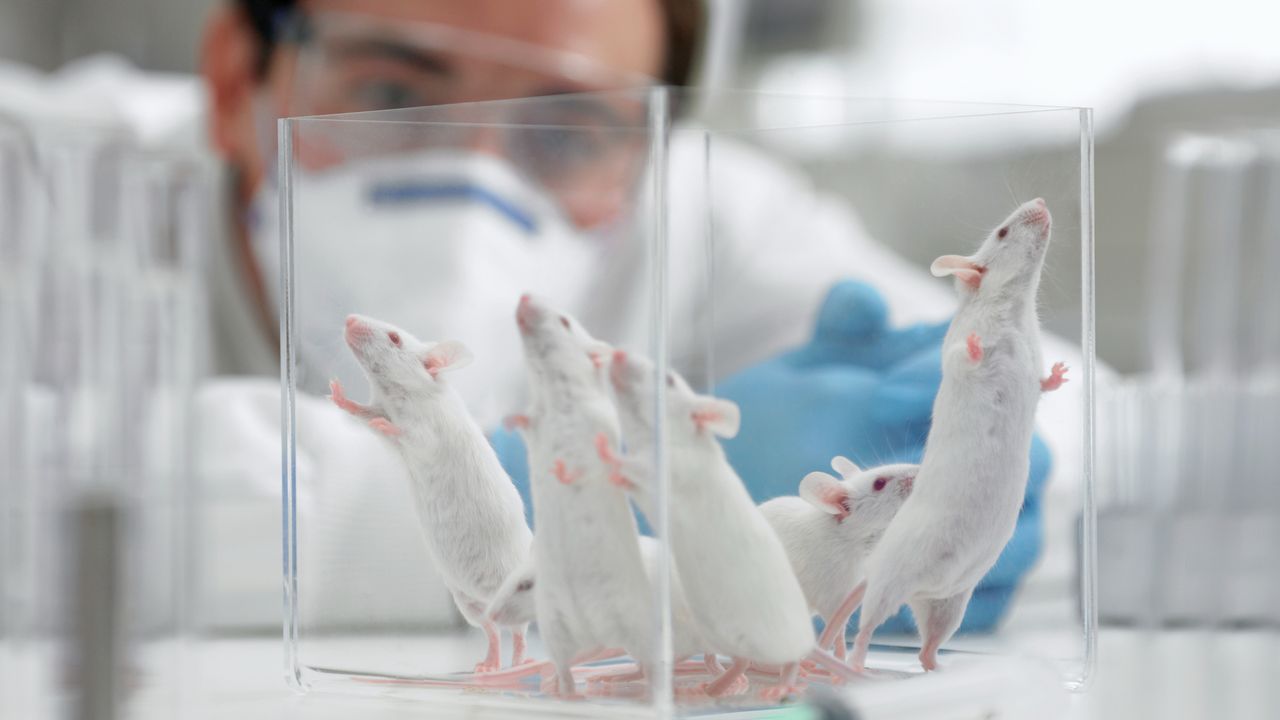Now Reading: Spaceflight Unlikely to Affect Sperm Production, Mouse Study Reveals
-
01
Spaceflight Unlikely to Affect Sperm Production, Mouse Study Reveals
Spaceflight Unlikely to Affect Sperm Production, Mouse Study Reveals

Fast Summary
- Researchers from Kyoto University conducted an experiment to study reproductive cells in space.
- Mouse spermatogonial stem cells were cryopreserved and sent to the International Space station (ISS) for six months.
- Post-return, the cells were injected back into mice, leading to healthy offspring with normal gene expression after mating.
- The study revealed that the viability of germ cells was not affected by spaceflight conditions like radiation and microgravity.
- Scientists emphasized the importance of long-term storage research for human reproductive health in space exploration.
- Freeze-drying sperm remains a more problematic method due to potential health risks for future offspring, further emphasizing the need for advanced preservation techniques.
- Human reproduction in space remains largely theoretical, as limited studies have been conducted – especially regarding women’s reproductive health under microgravity conditions.
Indian Opinion Analysis
The findings from Kyoto University’s experiment provide crucial insights into how reproductive cells function under extreme environmental stressors such as radiation and microgravity. While this specific study confirmed that germ cell viability can be preserved during time spent on the ISS, broader implications emerge for India’s growing ambitions in interstellar exploration. As India progresses with projects like Gaganyaan and deep-space missions via ISRO’s efforts, these advancements open avenues not only for technological innovation but also scientific research into human survival beyond Earth.
India must evaluate capabilities for engaging with emerging biosciences associated with galactic colonization or long-haul habitation programs. Collaborative partnerships between Indian biotech firms and global researchers could allow participation at earlier stages of this research frontier-an essential step as future citizen astronauts might eventually face challenges related to reproduction in extraterrestrial environments. For nations aiming at robust scaling while protecting humanity’s core biological systems during enterprising endeavors bridging life on Earth versus wider universes adapting present with pre-prep might amplify readiness portfolios across people-first goals sustainably

























